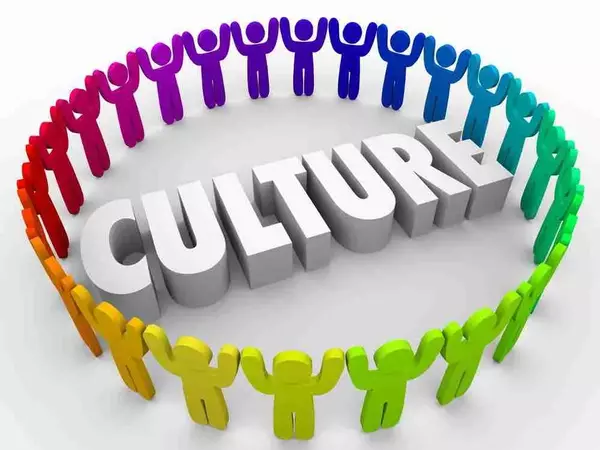Friendships benefit us in more ways than we realize. This quote – “Friends are the family we choose” – was frequently heard or mentioned. This is true because we do it on our own initiative. We find that in our small communities, we keep friends for a variety of reasons, such as having similar tastes in books, movies, music, fashion, or the like. Friends benefit us in a variety of ways, as is well known, but does the same hold true for friends we make from other cultures?
According to a new study, cultural differences influence when Japanese and American university students feel comfortable providing social support. The researchers discovered that Japanese university students were less likely than American students to offer assistance to a close friend or family member unless they were explicitly asked for assistance, even if they were aware that the person required assistance. When requests for assistance were explicitly stated, there were no differences in providing assistance between Japanese and American students.
A research team led by Associate Professor Hirofumi Hashimoto, from the Graduate School of Literature and Human Sciences, Osaka Metropolitan University, analyzed the perspectives of providers of social support to examine differences in the attitudes of Japanese and American university students toward providing social support to close friends or family members.
The findings of our study show that the reason Japanese people are hesitant to help others is not because they are unsympathetic, but because these situations — where a request for help is not clear — create hesitation. Based on these findings, we need to think about ways to encourage Japanese people to help when they see a need.
Professor Hashimoto
Initially, a survey of 183 Japanese university students was conducted using a questionnaire based on previous research, which revealed that Japanese students were hesitant to provide social support unless the person they were close to explicitly asked for it. A second questionnaire was given to an additional 118 Japanese and 52 American university students to gauge their willingness to help close friends or family members in need using a scenario-based method.
This apparent difference in viewpoint on the value of friendship does not imply that people in one region are more financially prudent while their Russian counterparts have entirely pure hearts and minds. Different mentalities, on the other hand, can create visible barriers between cultures and countries.

The results of the second survey confirmed that even when Japanese university students were aware that someone close to them was in need, they tended to be hesitant in offering assistance unless that person had explicitly asked for their help. In contrast, U.S. university students were often willing to offer assistance when they recognized that someone close to them was in need, even when they had not been asked for help. Nevertheless, when requests for assistance were clear, both Japanese and American university students were equally likely to offer assistance.
Having friends from various cultures encourages multiculturalism. It teaches you to accept people of different races and ethnicities for their differences and how to practice beliefs that differ from your own.
“The findings of our study show that the reason Japanese people are hesitant to help others is not that they are unsympathetic, but because these situations — where a request for help is not clear — create hesitation,” Professor Hashimoto explained. “Based on these findings, we need to think about ways to encourage Japanese people to help when they see a need.”





